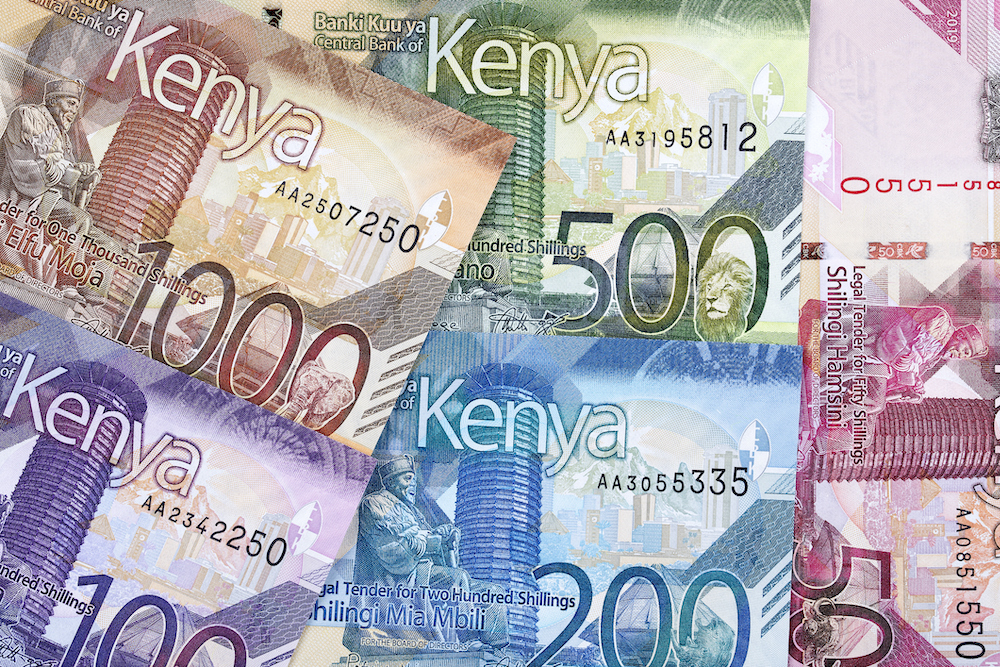The dark side of making microloans to the poor is on display in Kenya, where small borrowers are defaulting on loans from Tala, a U.S. fintech firm that claims to lift customers with a dream out of poverty, Bloomberg Businessweek reported.
Tala makes loans of $10 to $500 using a smartphone app that instantly offers loans and other financial services to people who wouldn’t otherwise have access to commercial credit, according to its website. The Santa Monica, California-based company has 3 million customers in Kenya, where it has operated for five years.
“Anyone with an android smartphone can apply for a loan and receive an instant decision, regardless of their credit history,” the website says.
Tala has made $1 billion in microloans to people in developing countries and pioneered the industry in Kenya, where 75% of adults use M-Pesa, a mobile-wallet service, Businessweek reported. But the Kenyan market is largely unregulated and there’s no cap on interest rates, the magazine said. Because so many borrowers have become trapped in a debt cycle, app-based lending has become synonymous with predatory practices, just as payday lending once did in the U.S.
Tala typically charges 180% annualized interest rates and other lending apps’ rates are even higher, Businessweek reported, adding that about 2.5 million Kenyans, or 1 in 10 adults, have defaulted on a digital loan. And once someone has defaulted, no matter how small the loan, they’re effectively blacklisted from banks.
The story on the ground is a far cry from Silicon Valley, where Tala founder and CEO Shivani Siroya is celebrated when she talks about using fintech to empower billions of people, Businessweek said. She has raised more than $200 million from investors such as PayPalVentures, Revolution Growth and GGV Capital and won recognition from groups of economists and philanthropists, the magazine reported. Wired in 2018 named her one of the 25 people shaping the future of technology.
Siroya declined to be interviewed for the Businessweek article but the magazine quoted a Tala spokeswoman as saying the company would investigate a case it reported about a borrower who defaulted.
Tala subsequently issued a blog post acknowledging that indebtedness was becoming a problem in Kenya. It said it was collaborating with other lenders to self-police the sector but also called for regulators to step up.
“Without functioning credit bureaus or loan stacking databases, consumers can borrow from multiple providers with ease,” it said. “Many fall prey to unregulated lenders on the fringe of the industry who have neither the ability to underwrite them responsibly nor the incentive to invest in their financial well-being.”
- Africa’s swift adoption of new technologies is making it one of the world’s fastest-growing tech hubs. Venture capitalists spent a record $1.3 billion in the continent last year, more than sixfold from five years ago, WeeTracker’s annual funding report shows.
- Twitter CEO Jack Dorsey said in November that he planned to spend three to six months in Africa in mid-2020, adding that the continent would “define the future” of digital currencies. Facebook plans to launch its Libra currency this year.






















